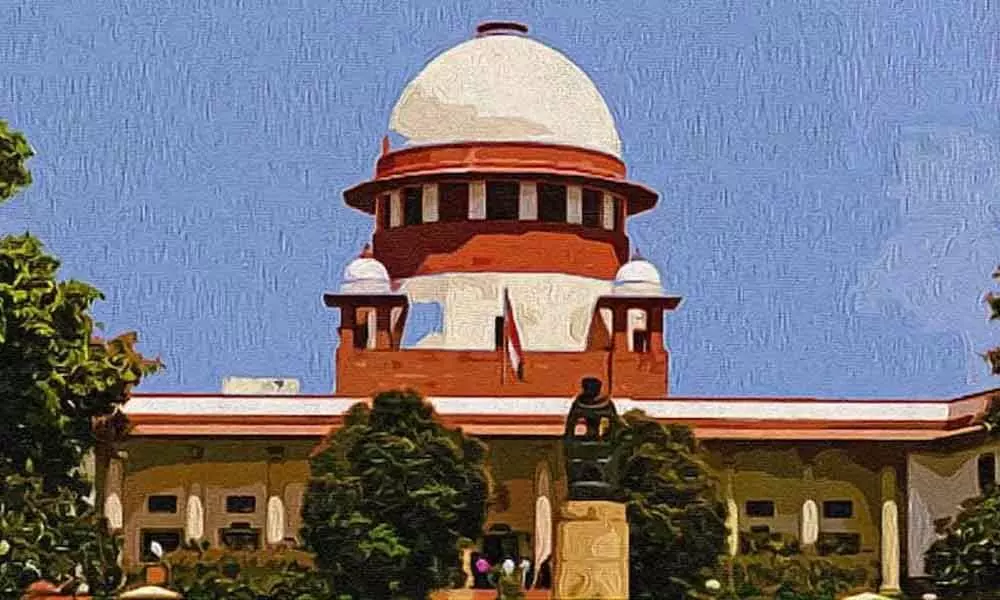Live
- Electronics goods emerge as fastest growing segment in India's exports
- CM Revanth Reddy Announces Ban on Benefit Shows, Urges Tollywood to Prioritize Social Responsibility
- RG Kar case: Police deny permission for extension of protest by doctors
- December Getaways that offer a Goa-like vibe
- Jio Annual Plan of ₹601 Offers Unlimited 5G Data—Details
- Jaipur LPG tanker blast: Death toll rises to 19 as man succumbs to injuries
- Branded hotels in India to clock double-digit growth in FY25, FY26: Crisil
- Nitish Kumar's strategic moves reshape Bihar's politics in 2024
- Over 68 hours on, 3-year-old still stuck in borewell; rat miners roped in
- Father, two kids die as cars collide in TN's Chengalpattu









